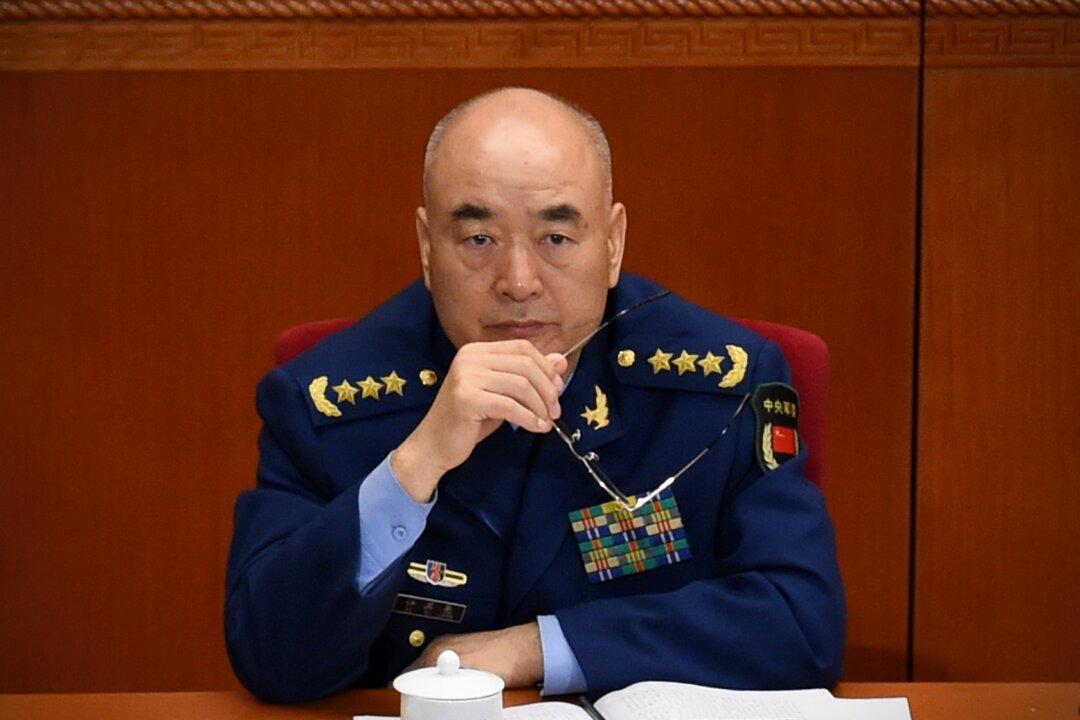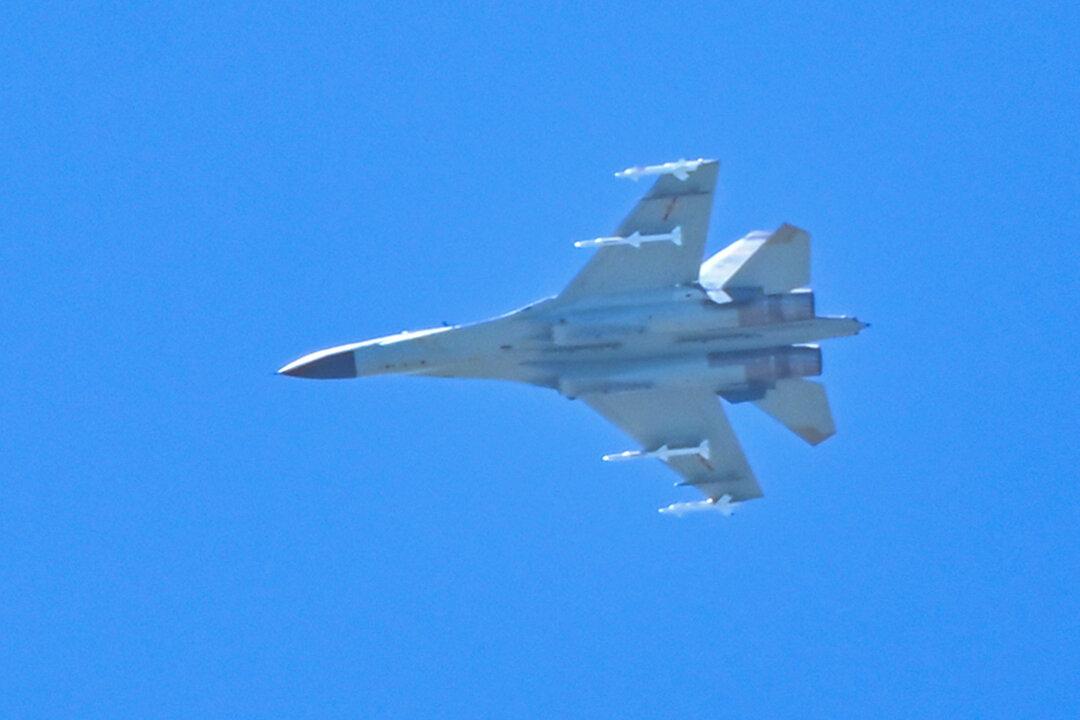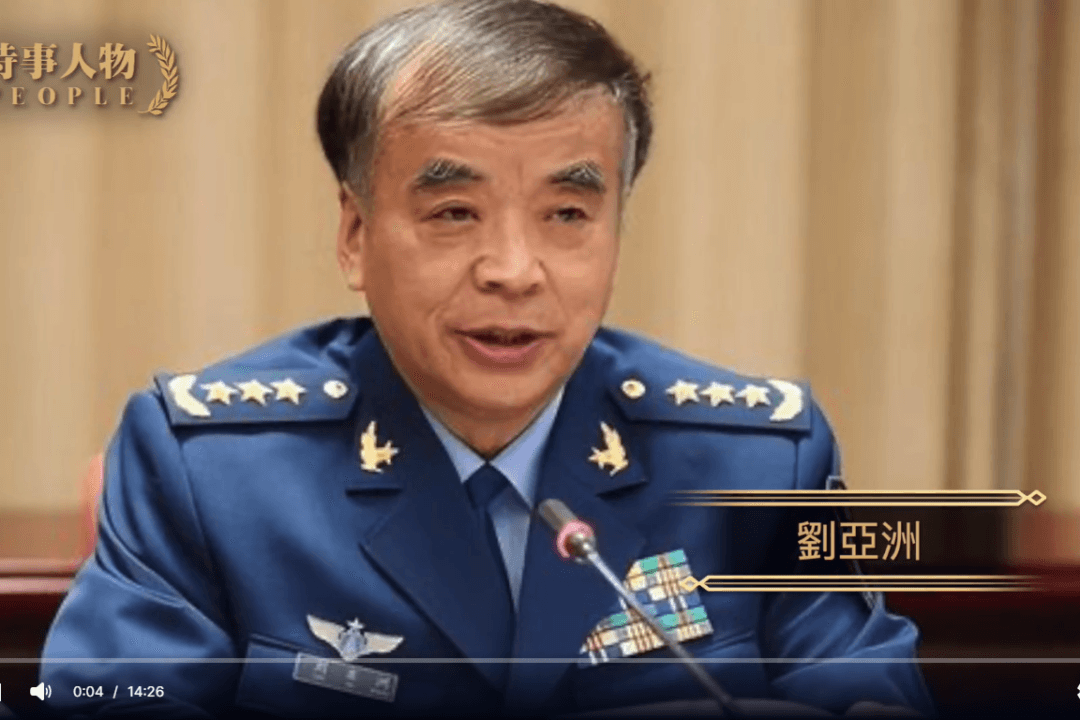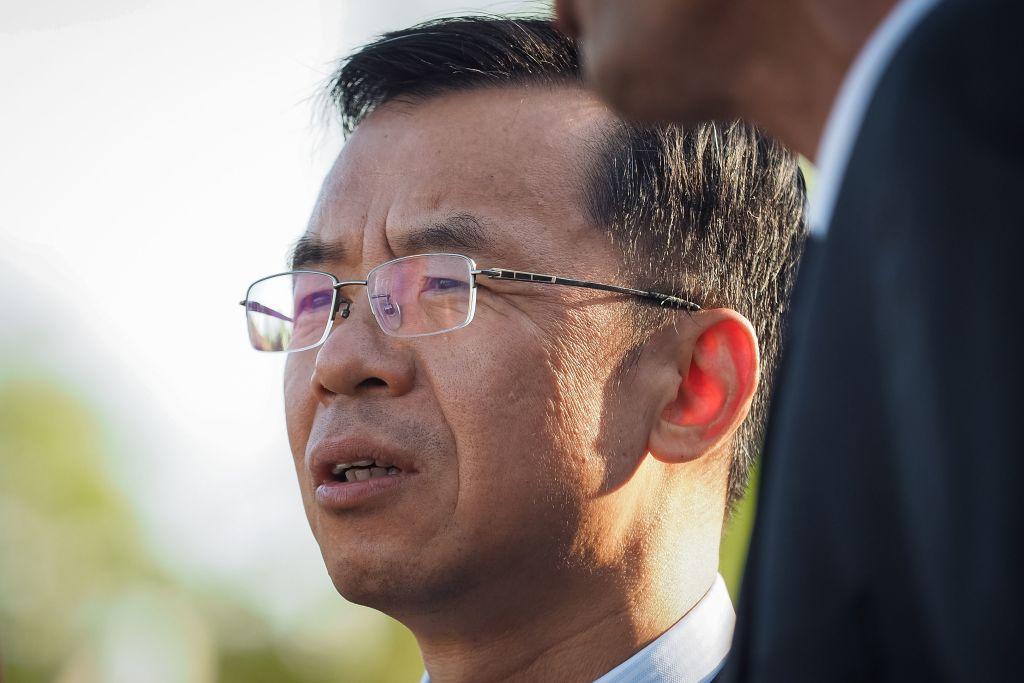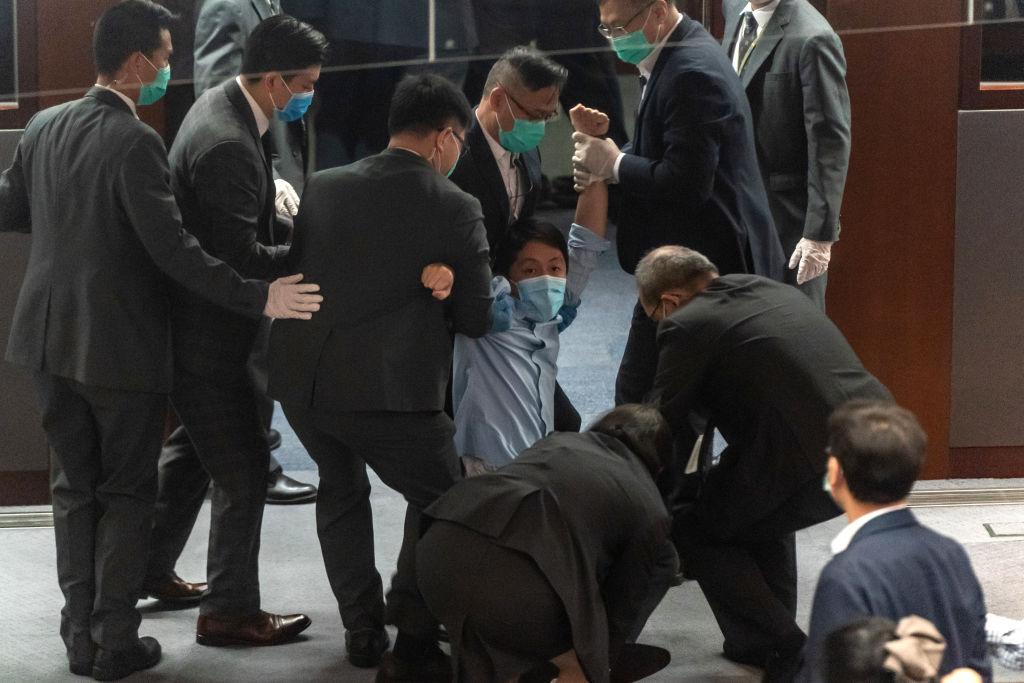News Analysis
Xu Qiliang, former First Vice Chairman of the Central Military Commission of the Chinese Communist Party (CCP), is a figure whose career trajectory within the CCP military ranks is remarkably smooth and successful. Having served under four generations of Chinese leaders—from Deng Xiaoping to Xi Jinping—Xu enjoyed an uninterrupted rise until his retirement at the age of 72.
